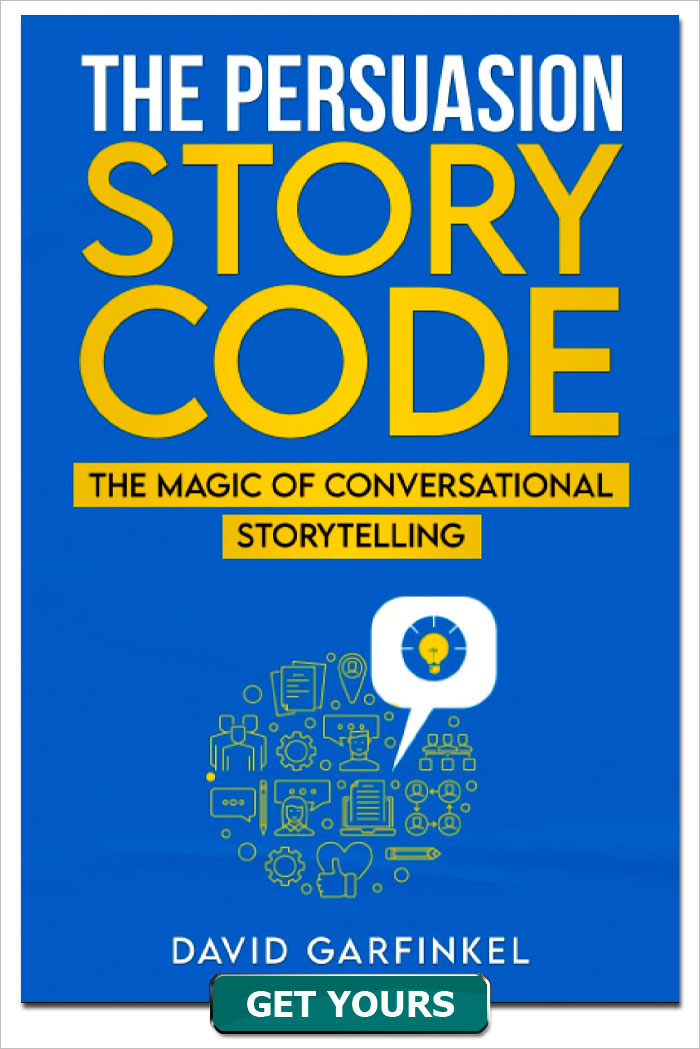Wisdom from Aesop Glim
Published by: David Garfinkel on 02-24-2020
Tweet
We’ve got another episode today in our Old Masters series. New York City, 1892: An advertising man named George P. Rowell starts a weekly advertising journal called Printer’s Ink.
Decades later, another man, George Laflin Miller, started writing a column for Printer’s Inc., under the pen name “Aesop Glim.” In the 1940s and 1950s, Aesop Glim’s column was the Copywriters Podcast of the time, as best I can tell.
I couldn’t find out much more than that about Mr. Glim, also known as Mr. Miller. But I did find in my bookcase the book “How Advertising Is Written — and Why.” This book has some terrific, unique ideas and techniques, and we’re going over them today.
The book is concise, only 150 pages. But it’s powerful. Eight chapters, with three to nine meaty sections in each chapter.
I’ve cherry-picked four key ideas that I haven’t seen presented this way elsewhere. We’re covering the bare bones of Aesop Glim’s ideas and filling in the blanks with our own examples and comments.
1) The substitute for inspiration — is saturation!
Instead of waiting for inspiration to strike, saturate your mind with
• facts
• experience
• knowledge about user experience
“The trouble with inspiration is that — like luck or lightning — you can’t possibly tell when it will strike.”
2) Headlines - 3 steps
Headlines need to “reach out from the page, seize the lapels on your prospects, and persuade them to read the first paragraph of your copy.”
3 steps of the job of the headline
1. select the right prospects
2. “arrest” them
3. persuade them to read your first paragraph
3) The Rudyard Kipling Secret For Copy - Minus One
We’re going to have our first poetry reading on Copywriters Podcast.
Title - I keep six honest serving men
I KEEP six honest serving-men
(They taught me all I knew);
Their names are What and Why and When
And How and Where and Who.
Aesop Glim left out “how.”
So: when - where - who - what - why
Example:
Yesterday (WHEN), in Australia (WHERE), one of my clients (WHO) had a major breakthrough (WHAT) because of one stunning idea he swears he’ll use from now on to write copy (WHAT).
Next-level tip from Aesop Glim: Put most of your copy in the present tense.
Same sentence that way:
In Australia, one of my clients is having a major breakthrough because of one stunning idea he swears he’ll use from now on to write copy.
Present tense in headlines:
Compare
Old Dutch Cleanser Chases Dirt
to
Old Dutch Cleanser Might Conceivably
Remove The Accumulated Filth If Properly Applied
Use singular instead of plural:
Easier to visualize
one hour
one cake of soap
one man
… than a lot of them.
4) 3 things that have to happen for an ad to work.
The ad must be
1. seen
2. read
3. believed
Keywords: old masters of copywriting









